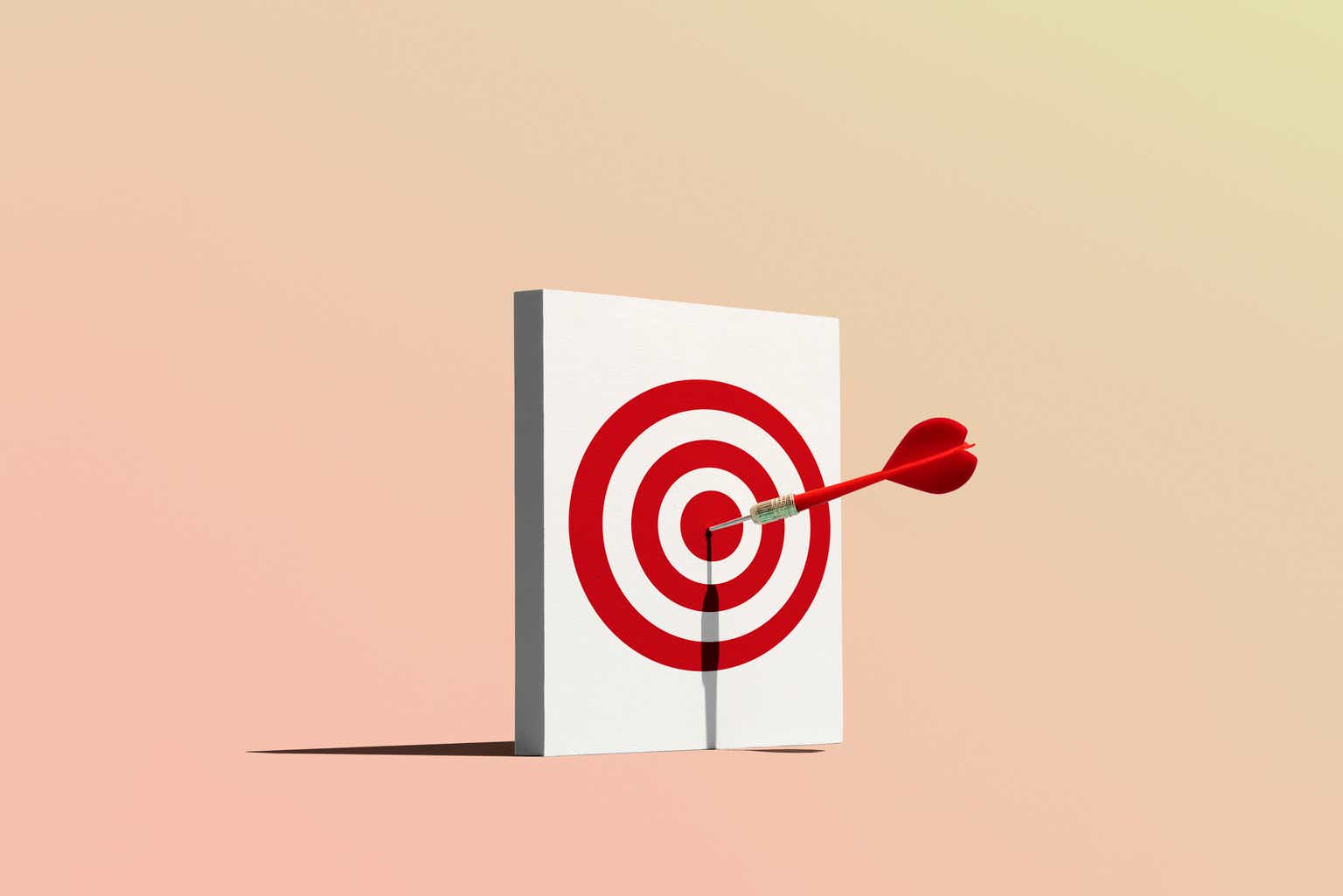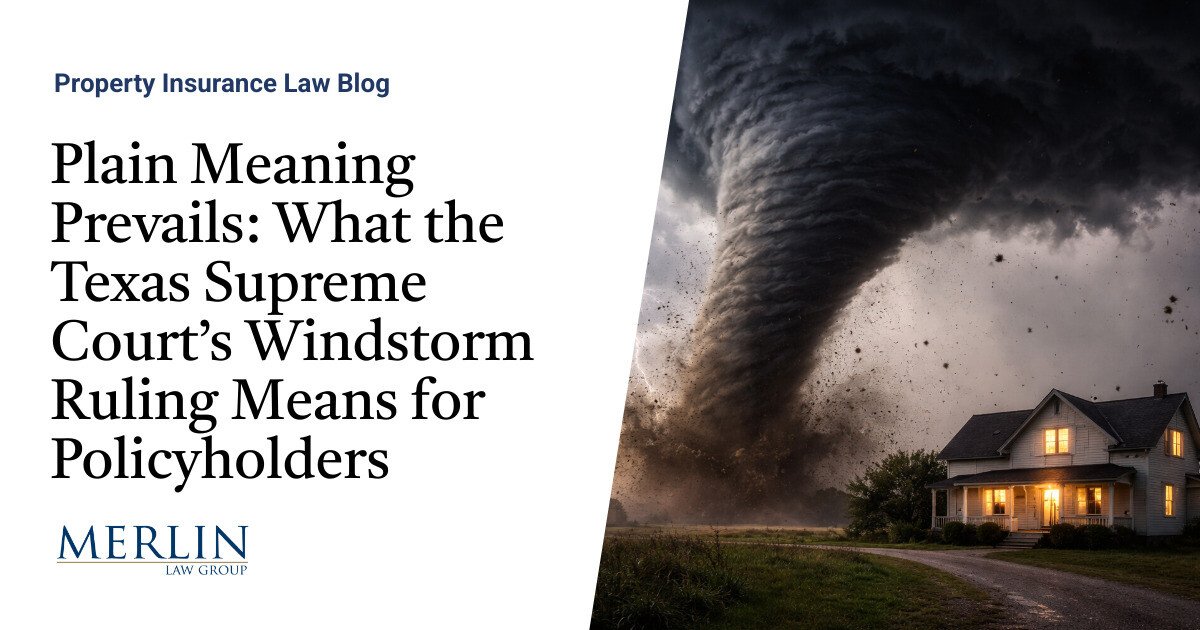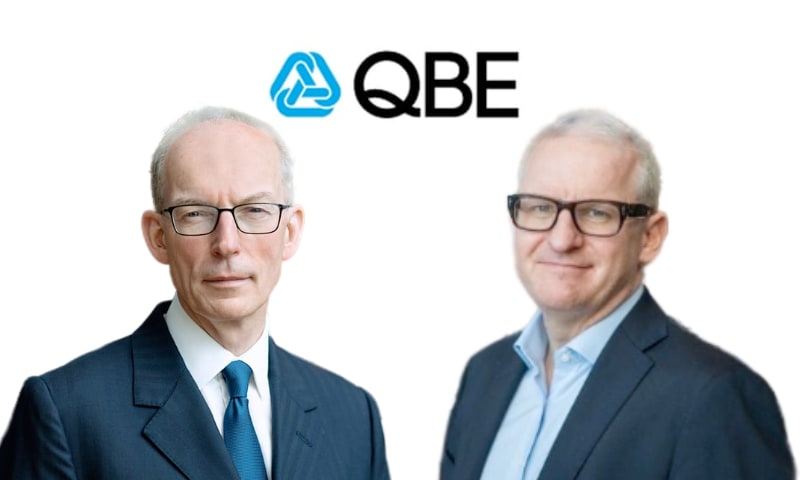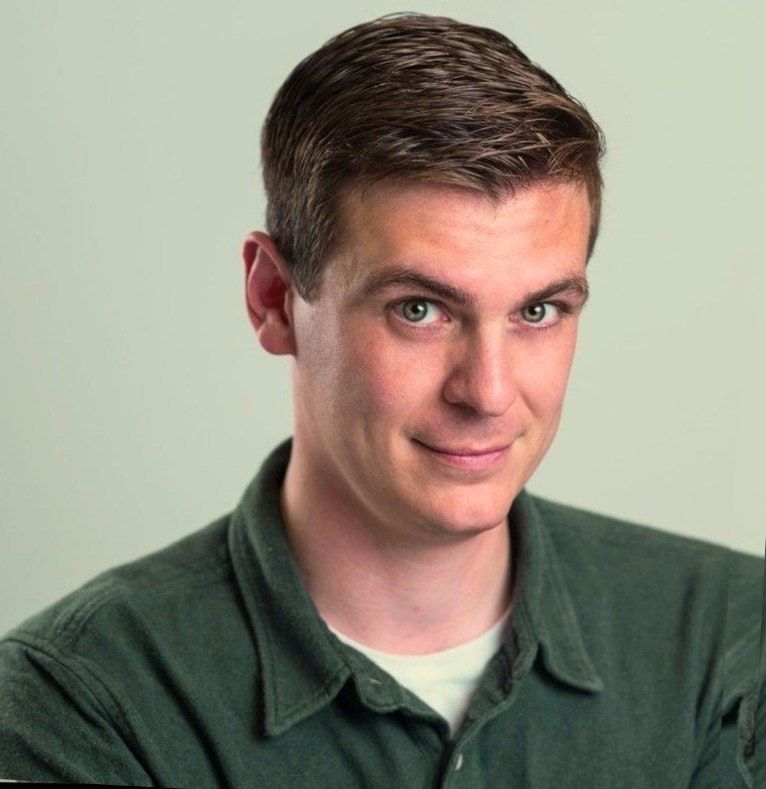Considering the trade-off between tradition and change, we would quite certainly be unable find two individuals in the world whose wish for the New Year and beyond would strike the exact same point in multidimensional choice space. And we are unlikely to find a single individual who wants everything to change or who wants nothing to change. If we adopt the classical liberal principle that all individuals are moral equals (a natural postulate for the economist who ventures in the ethical realm, as James Buchanan well illustrated), it logically follows that neither change nor tradition is a value per se. Whether change or tradition is preferable depends depends on the individual and his circumstances.
The problem, then, is the following: How to reconcile the individuals’ different preferences and values? (I take individual values as personal preferences regarding the state of the social world.) It is a major scientific discovery of 20th-century economic analysis, from welfare economics to Kenneth Arrow’s Impossibility Theorem, that individual preferences and values cannot be aggregated to form some sort of social equivalent. They can only be reconciled.
The best way ever discovered (by 18th-century economics) to reconcile the preferences and values of multiple individuals in society is individual liberty and voluntary relations; in other words, it is the market model (outside family, friendships, and such small-group relations). Theory and history show that this model is way superior to political authority both for peace and prosperity and for individual equality. The voluntary-relations model assures coordination without coercion. This is the central point of Friedrich Hayek’s thought (see, for example, my Econlib reviews of his Rules and Order and his The Mirage of Social Justice). At the limit, one may be led to the anarchist ideal of an Anthony de Jasay.
Life in society is of course impossible without some constraints on individual action. It is important to understand that, in the market or voluntary model, the constraints on an individual’s actions are made of the consequences of everybody else’s equal freedom, instead of resulting from the diktats of some group of individuals—the ancients in the tribe, the dictator and his minions, the democratic majority and its whims, the mob and its violence.
We may add that in a (true) liberal setup, those who prefer change and progress and those who prefer tradition and security can be accommodated as well as it is possible. To the extent that most individuals, and especially the less rich, prefer economic progress and prosperity, constant change and “creative destruction” are bound to occur. But individuals who prefer tradition are in many ways able to protect their own private domains against the winds of change, even while keeping many benefits of the technological and economic progress they do want. A cultural conservative is not obliged to own a smartphone, but he may if he wants to. “Ordered anarchy,” to use Buchanan’s expression, allows both lifestyles to coexist to the maximum extent possible.
A free society allows you to voluntarily set up constraints on yourself; you may even become a monk if you want to. In an unfree society, you are not allowed to free yourself from the constraints imposed on you. Nothing is perfect, but some things are more imperfect than others.
Happy New Year, with hopefully as much change or tradition as you want!



































